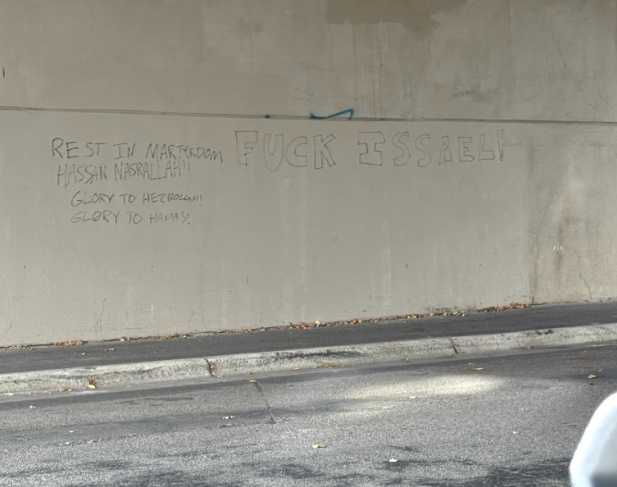The University of Minnesota updated its Administrative Policy of Holds on Records and Registration, removing the minimum financial obligation previously held for students after the Biden Administration introduced several reforms focused on higher education.
The previous minimum of $250 would have prevented students from graduating. The system-wide updated policy still explicitly states that violations of student conduct, academic integrity or disciplinary actions may result in the University withholding transcripts or a diploma.
Amber Cellotti, the deputy registrar and interim director of the Office of the Registrar, said in an email to the Minnesota Daily this decision was made for several reasons.
“The policy language was adjusted so that it no longer reflects the previous institutional practice of withholding transcripts and diplomas for students who owed a balance to the institution,” Cellotti said. “With the new federal regulations in place, we wanted to ensure that the policy language was reflective of new practices to provide transcripts and diplomas to students who owe a balance.”
All University policies are updated every four to six years, and the last revisions to this policy were in 2021. This change follows new federal regulations banning higher education institutions from withholding transcripts to students who use federal aid.
The updated policy says the University may decline to release diplomas or official transcripts to students with unresolved debts to the institution until the student has made a plan with the University to resolve their financial obligations. The new policy directly involves each campus’ One Stop office.

The University’s policy is different from the federal regulation as it applies to all students, not just those with federal financial aid.
“The University made a systemwide decision to extend this to diplomas to ensure equity among students who may need to present credentials in various formats, domestically and internationally,” Cellotti said. “The policy language is being updated as part of comprehensive review and to comply with federal regulations as well as reflect the practices that the institution has implemented as of July 1.”
This change began in the Senate Committee on Educational Policy this summer. The policy was introduced and voted on in the December Faculty Senate Meeting, where it passed.
Jennifer Goodnough, chair of the Faculty Consultative Committee, said the updated policy introduces new resources for students, including information on how students can fix issues to receive their transcripts and links to the individual campus One Stop offices to help students with financial issues.
“One thing I think is really good about this update to the policy is that every student knows where to go to ask a question if they aren’t sure how they can make a plan with the University to pay their bill. That feels more equitable and fair,” Goodnough said. “This means everybody has access to the information to get to their transcripts. The real value in the change is beyond just increasing access to the transcripts and to diplomas, it also means that all students have one place they can go and get that information.”
The policy will be discussed in the Policy Advisory Committee at the beginning of the spring semester and is expected to go into effect in the spring of 2025.















KG
Jan 4, 2025 at 2:21 am
We ae informed that UMN’s “system-wide updated policy still explicitly states that violations of student conduct, academic integrity or disciplinary actions may result in the University withholding transcripts or a diploma.” This is a good thing. With extreme Palestinians and their useful idiots like SDS still threatening various disruptions on-campus, we know what could happen. We saw what happened at Morrill Hall in October. We remember that after the mall occupation last spring, Ettinger foolishly agreed to rather broad demands by extremist pro-Palestinians, one of which was not disrupting the commencement ceremony. Of course, extremist terror-enabling pro-Palestinians violated that agreement: noise, in-your-face signs, occupying podium space and generally making a lot of people, especially guests, feel uncomfortable in what should have been a happy and memorable ceremony for all.
It is important that UMN admin retain the tools to enforce university policies and apply consequences, if necessary, right up to the very end of university studies.